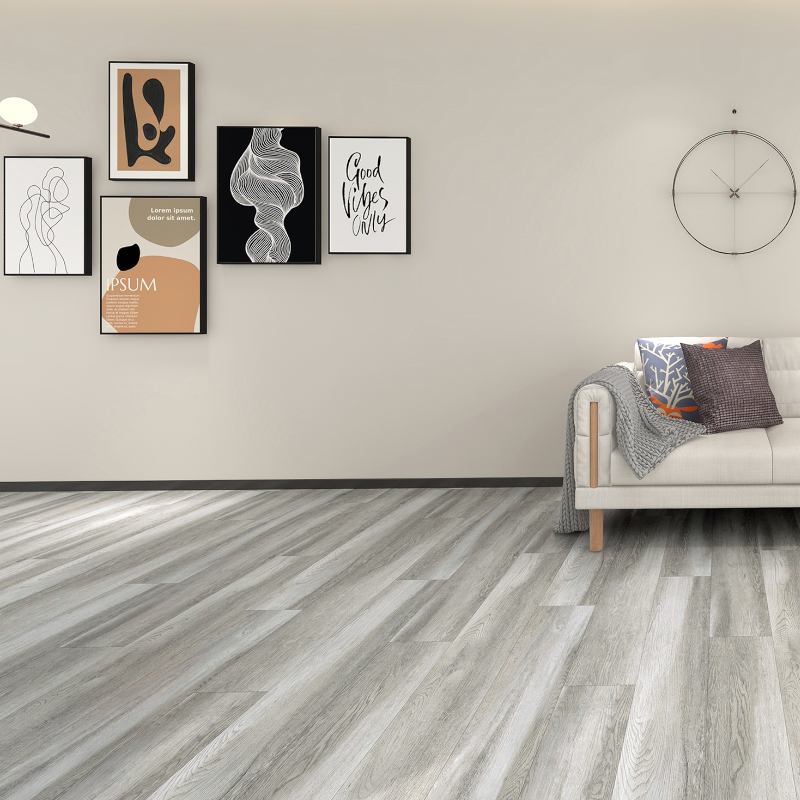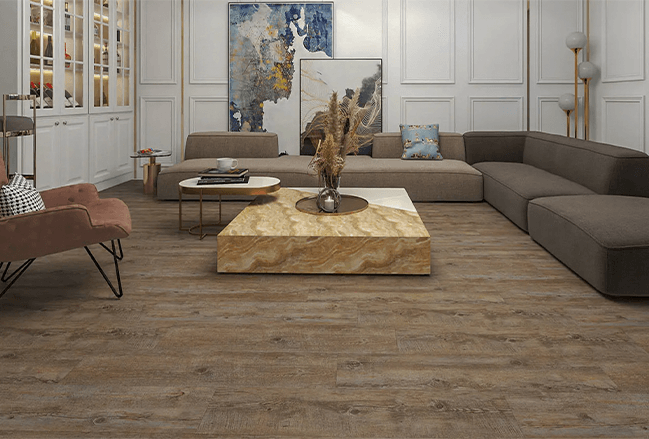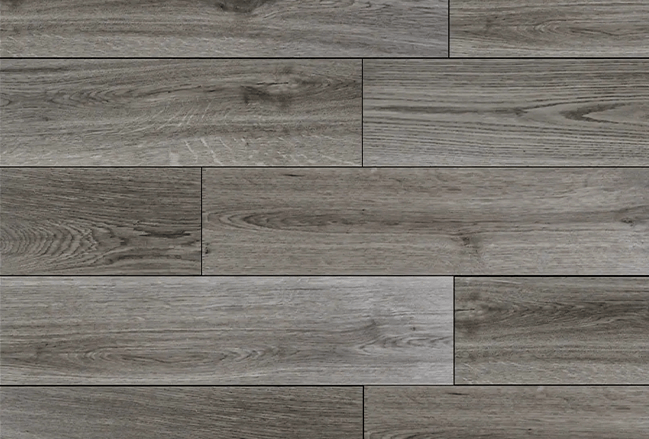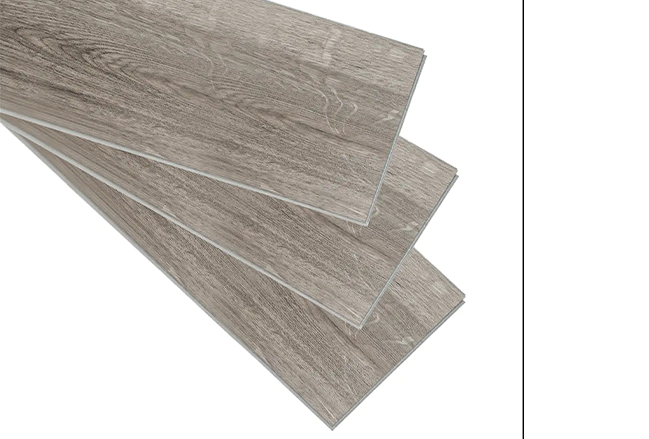
spc floor afraid of fire afraid of heat
SPC floor does have a certain sensitivity to temperature, but on whether it is "afraid of heat", it needs to be analyzed from multiple angles:

1. ** Material characteristics ** : SPC floor is mainly composed of polyvinyl chloride (PVC) and other additives, this material has good stability in the general environment. However, like other materials, it may experience performance changes at extreme temperatures.
2. ** Temperature sensitivity ** : SPC floor is more sensitive to temperature changes, especially in the face of extreme high temperatures, there may be slight deformation. This is mainly because its coefficient of thermal expansion is different from other materials, and when the temperature rises, the floor may expand slightly.
3. ** Applicable environment ** : Although SPC floor is sensitive to high temperature, the usual indoor ambient temperature will not have a significant impact on it. It is still suitable for most homes and public places, including underfloor heating. However, when used outdoors or in direct sunlight, careful consideration is needed to avoid damage to the floor due to prolonged exposure to high temperatures.
4. ** Installation and maintenance ** : When installing the SPC floor, ensure that the floor is closely fitted to the ground to avoid air retention to reduce the impact of temperature changes on the floor. In addition, regular cleaning and maintenance of the floor is also an important measure to maintain its stable performance.
In summary, although the SPC floor is sensitive to high temperature, it will not be damaged by temperature changes under normal conditions of use. When selecting and using SPC flooring, its material characteristics and use environment should be considered to ensure the stability and service life of the floor. In special environments, such as outdoors or in direct sunlight, additional protective measures may be needed to reduce the impact of high temperatures on the floor.
 How durable is SPC Vinyl floor
How durable is SPC Vinyl floor
 SPC stone plastic flooring
SPC stone plastic flooring
 What is spc Latch floor and fl
What is spc Latch floor and fl
 The SPC floor installation met
The SPC floor installation met
